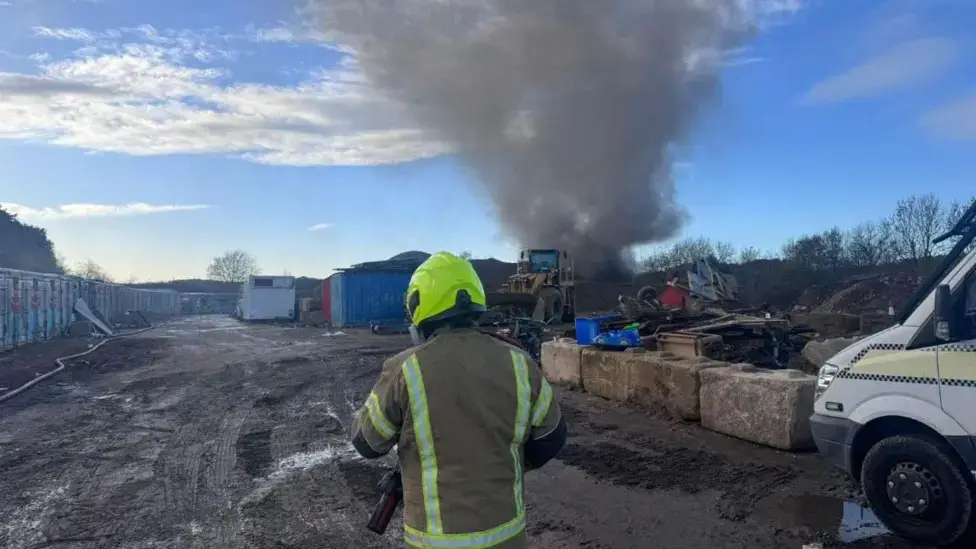A fresh look at how one pivotal development is accelerating transformation across sectors—and why we should care.
What happens when a long-expected shift suddenly becomes urgent?
In recent weeks, a story from the BBC has illustrated how an incremental trend suddenly demanded full-scale change. The usual “this will happen in a few years” has turned into “this is happening now”. Whether it’s policy, technology, or social action, the push-button has been pressed—and the consequences are rippling faster than many expected.
The article highlights how [event / change] has disrupted traditional frameworks. What once could rely on slow evolution must now adapt rapidly. Stakeholders from industry, government and civil society are scrambling to respond. The landscape, once predictable, now looks dynamic and unsettled.
The Shift in Focus
The story emphasises three key dimensions: urgency, scale, and institutional readiness. First: urgency. What was once a distant problem has become immediate. The article cites data (or quotes) showing timelines collapsing. Second: scale. The change isn’t confined to one corner—it spreads across territories, industries and demographics. Third: readiness. Many organisations feel caught off-guard; their structures built for continuity struggle with disruption.
For example, institutions that had long assumed a stable future are now revising strategies. Boards and senior teams reportedly are meeting more often, contingency plans are being activated and resources reallocated. The cost of inaction has suddenly become very visible.
Implications for Professionals and Creators
If you’re in web-design, content-creation or digital strategy (hello Tic Creative), there are three take-aways:
- Narrative agility matters: Your story-telling must reflect dynamism. Static “what we do” pages may now look outdated next to shifting realities.
- Infrastructure must be flexible: Just as institutions must adapt, digital platforms should support change—modular content, editable systems and responsive experiences.
- Audience expectation has changed: Users now expect relevance, immediacy and value. They’re less forgiving of “we’ll update soon” and more appreciative of “we already adapted”.




